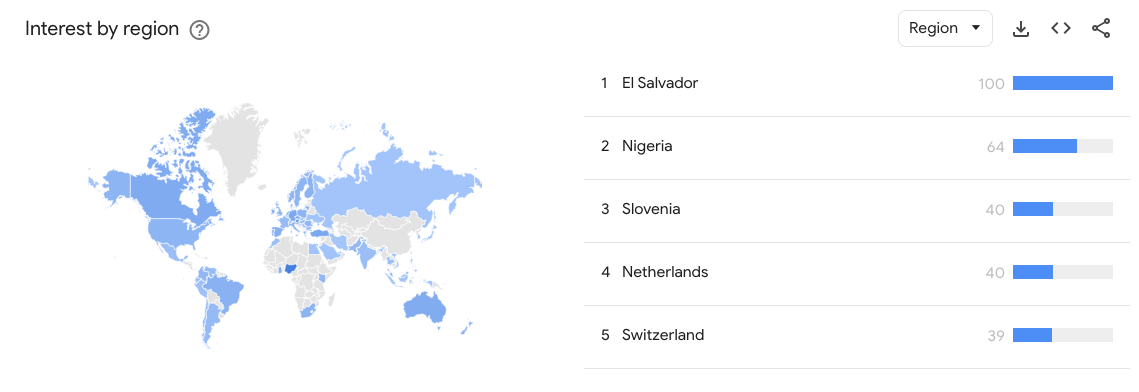The Nigerian Securities and Exchange Commission (SEC) has confirmed that it will introduce new regulations for cryptocurrency exchanges. According to the report, the regulator plans to only support cryptos that meet certain criteria.
Nigeria SEC announces which cryptocurrencies it will support
Abdulkadir Abbas, head of securities and investment services at the Nigerian SEC, said the financial regulator is processing applications for exchanges and firms, according to a May 1 report from Bloomberg. These firms will be sub-brokers for the trading of tokenized cryptocurrencies supported by assets, fund managers, tokenized token generators, and crowdfunding agents.
Any firm that applies will first go through a 12-month probationary period, during which the SEC will monitor its services and determine if it is eligible to operate in the country. According to Abbas, “10. By month, we should be able to decide whether to register the firm, extend the testing period, or even ask the firm to cease operation.”

According to the report, the SEC will not begin recording exchanges until it reaches an agreement with the country’s central bank. The regulator also processes stock market applications on a trial basis. It keeps these companies under SEC scrutiny for a time to determine their eligibility.
He’s just welcoming to these coins
The idea of tokenizing assets is something that regulators are already considering. Abdulkadir Abbas announced that the institution will allow tokens backed by stocks, real estate or debt. However, he stated that cryptocurrencies such as Bitcoin and Ethereum will not be included in this group.
According to his statements, Nigeria is considering asset tokenizations like Germany and Singapore. However, it has been reported that only “asset-backed” cryptocurrencies will be supported. Bitcoin and Ethereum will not be warmly welcomed in the Nigerian region as there are no such cryptos.

Nigeria is one of the most active countries in terms of cryptocurrency adoption
To recall, the Central Bank of Nigeria banned local banks from servicing crypto platforms in early 2021. About the ban, the regulator pointed to the high risks associated with trading cryptocurrencies like Bitcoin. The central bank has also promised to impose strict penalties for any company that does not comply with the directive.
Despite the ban, Nigeria is emerging as one of the most active countries in terms of cryptocurrency adoption. According to data from Google Trends, Nigeria ranks second in search interest for the keyword “Bitcoin” after El Salvador, which adopted Bitcoin as a legal tender in 2021. Other regions on the top five crypto enthusiast countries list include Slovenia, the Netherlands, and Switzerland.

Nigeria ranked among the top 20 countries in 2022, according to Chainalysis’ crypto adoption index. While the Central Bank of Nigeria bans cryptocurrencies, it is preparing its CBDC known as eNaira. After a slow start, it turns out that eNaira is seeing increasing adoption due to national fiat currency reserves facing severe shortages.







